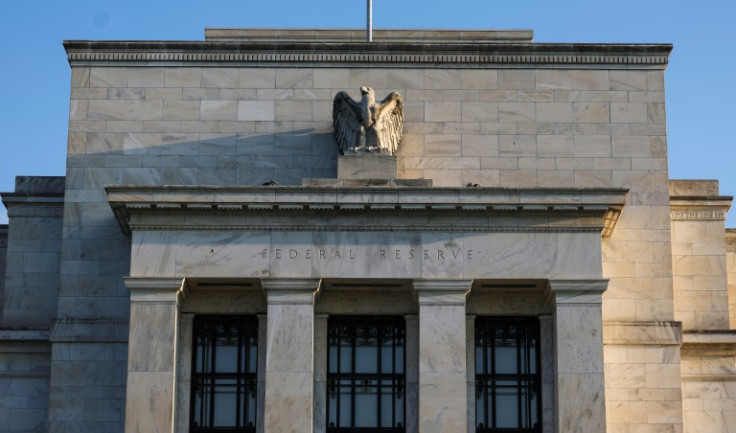Stocks, Commodities And Bitcoin Rally On Easing Of Bank Failures Fears, Hopes Of Moderation Of Rate Hikes
U.S. stocks staged a strong rally during Tuesday's regular session, driven by the easing of fears of further bank failures and the prospect of moderate interest rate hikes by the nation's central bank.
Traders and investors were encouraged by comments made by U.S. Treasury Secretary Janet Yellen, reassuring bankers that regulators are prepared to protect depositors of smaller U.S. banks, meaning that the worst may be over for the sector. Thus, a solid rally was seen in beaten-down regional bank shares.
The rally in regional bank shares spread quickly to the broader equity market and commodity and cryptocurrency markets, aided by speculation that the Federal Reserve will moderate the pace of its rate hikes during its regular meeting, which concludes tomorrow afternoon.
At the ring of the closing bell, the S&P 500 was up 1.30%, the Dow Jones up 0.98% and the tech-heavy Nasdaq up 1.58%. Meanwhile, crude oil reversed some of the previous days' losses, gaining 2.75%, while the Thomson Reuters Commodity Index gained 1%. Bitcoin added another 1.68% to the earlier gains.
Are these gains sustainable? It depends on whether the Fed fulfills Wall Street's expectations for a moderate — 25-basis point — rate hike and how it "sells" it to the market in the statement that would follow it.
Wall Street bulls would like to hear that the moderation in the rate hikes is due to the significant progress the Fed has made in bringing inflation down, with little reference to the remaining work and the bank failures.
David Donovan, EVP of financial services at digital consultancy Publicis Sapient, thinks that the Fed needs to pause to determine how rising rates affect the real economy.
"With the Fed rates accelerating at the pace they have been, there have been unintended consequences on the economy, like we've seen with the SVB collapse," he told International Business Times. "While we'll likely see a 25% rate hike, the Fed should let their changes permeate the economy first and then adjust based on how markets react."
Moreover, Donovan believes that the Fed should be forward rather than backward-looking. "Instead of looking at CPI and unemployment, which I would argue are laggard indicators, the Fed should instead look at forward indicators like an inverted yield curve and the credit default swap rate of banks," he added.
Furthermore, though Donovan understands that the Fed is in a delicate situation, it should communicate its intentions for further hikes.
"It's tricky to balance fighting inflation without irreparably damaging the economy," he explained. "However, the housing market is slowing down, and regional banks are feeling the pressure. If credit conditions tighten for any lending moving forward, that will zap the economy. They need to focus on how much liability there will be for consumers, like those who bought houses on adjustable mortgages that will be recalculated soon."
Meanwhile, Chris Barnes, chief product officer of financial services at Escalent, thinks Washington should extend backstopping and increased regulations to smaller downstream banks, which were exempted from the legislative change in 2018.
"If the rules had been in place, this wouldn't have happened," he told IBT. "There needs to be a second stress test for banks below significant financial institutions."
Why?
"As we see with Silicon Valley Bank and many others, a middle-ground needs to be reinstituted for smaller banks to determine if they can withstand stress," Barnes added.

© Copyright IBTimes 2024. All rights reserved.






















